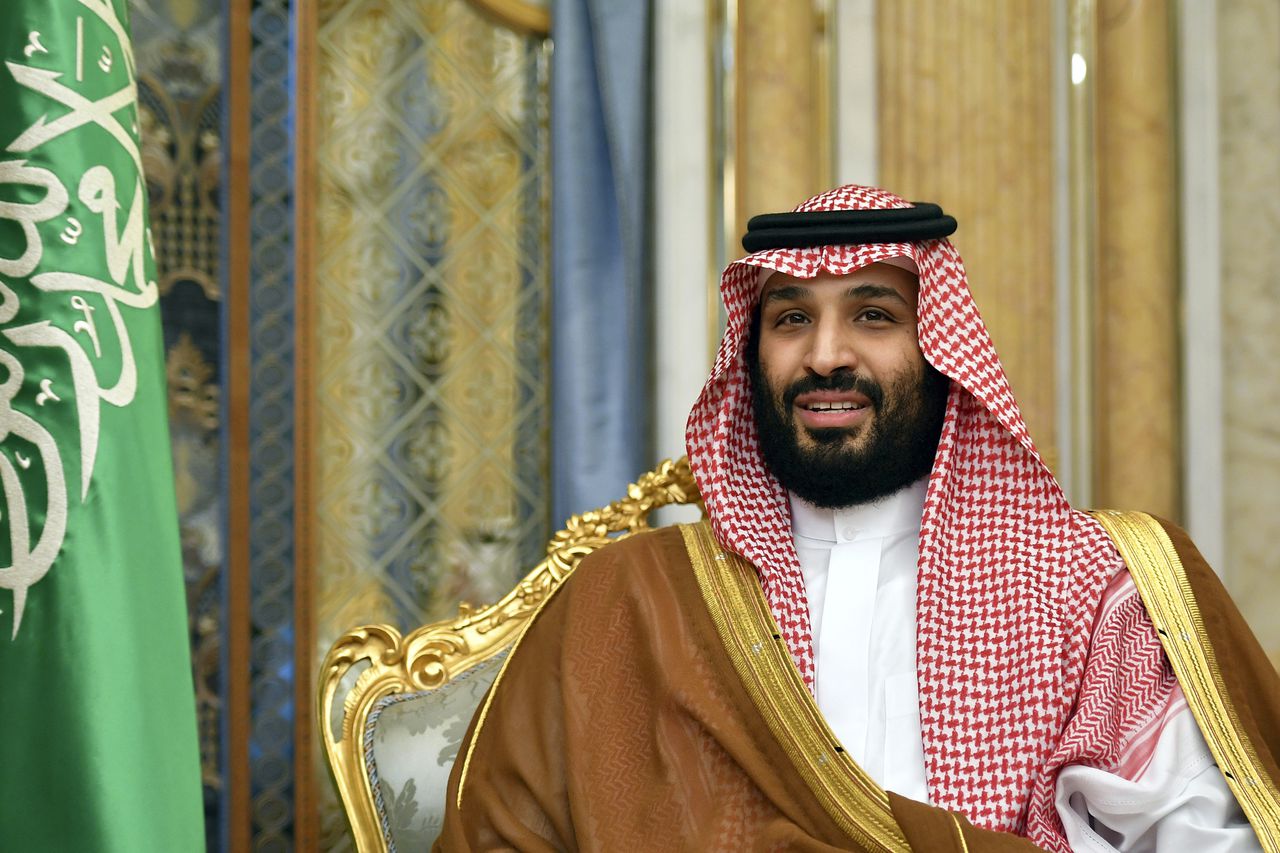
By insider@insider.com — Natalie Armbruster — This month, Chinese President Xi Jinping arrived in Riyadh for a three-day visit which included a bilateral meeting between China and Saudi Arabia, a Gulf-China summit, and an Arab-China summit, coming to a consensus on China-Saudi energy and technology cooperation. Throughout the visit, Western media has been quick to conclude that the deals are a message to the West — a snub to Washington and President Joe Biden. However, to assume that China views the Middle East through the same lens the United States has used for the last 30 years is a mistake. China has long assessed US involvement in the Middle East to be damaging to American power and strength. Xi’s visit, and China’s interest, investment, and involvement in the Middle East, have far more to do with shared economic interests and a stable energy supply than any potential security alliance or geopolitical aspirations.
The first thing to know is China’s involvement in the Middle East rests primarily on its energy dependence. In 2021, 72% of China’s crude oil consumption was imported. The Middle East accounted for 50% of these imports. China alone accounted for more than one-quarter of Saudi Arabia’s crude oil exports as well. As long as China remains reliant on external sources of oil and Saudi Arabia is looking to make a profit, it is only natural for Saudi Arabia and China to expand their economic cooperation — bilateral trade which currently amounts to $87.3 billion. This remains true for China’s heavy investment in the Middle East through the Belt and Road Initiative. China’s BRI investments have focused largely on the construction of ports and industrial parks in countries such as Egypt, Oman, Saudi Arabia, or the United Arab Emirates. One needs to know little about geography to observe that China’s investments center around secure and stable access to vital energy and trade chokepoints: the Persian Gulf, the Gulf of Oman, the Red Sea, the Bab al-Mandeb Strait, the Strait of Hormuz, the Suez Canal, etc.
The second thing to know is that China is pursuing what few have achieved in the region: a friends-with-all approach. Thus, even as China deepens its cooperation with Saudi Arabia, Beijing has also signed a 25-year strategic cooperation agreement with Iran in 2021. The deal brings Iran in from the cold of US sanctions, promising $400 billion in Chinese investments in exchange for a heavily discounted oil supply. While many may read such an agreement as antagonistic, China’s interests are its own. China has a vested interest in continuing Iran’s ability to supply China steadily with oil and an Iran that is too weak is also too unreliable. The rationale for avoiding this outcome is much more economic rather than petty power play. Further, China understands that these regional disputes are unrelated to Chinese interests. A key aspect of China’s approach to its energy supply is diversification. Taking sides among adversaries in the Middle East would only limit China’s trading partners and opportunities for mutual economic interest. Thus, it is unlikely that Xi’s visit conveys a particular alignment with Saudi Arabia in particular, as Beijing would rather balance its relationship with regional competitors.
Third, the United States’ relationship with Saudi Arabia in recent years has also resembled this client-like relationship. However, cooperation with the United States tends to come with increased scrutiny as well, including criticism of autocratic leaders or illiberal values. China and Saudi Arabia are both plagued with such international controversy and resentful of the moral strings attached to economic or diplomatic cooperation with the West. Thus, during their visit, China and Saudi Arabia committed to mutual noninterference in domestic issues — allowing their economic cooperation to be an independent entity. Where Saudi Arabia is looking to escape criticism for their war in Yemen or the murder of Jamal Khashoggi, China is looking for Arab support (aka silence) on their human rights abuses against Uyghurs in Xinjiang. Both are looking for partners against this inexorable Western criticism who can engage in business deals with little to no extra baggage or expectation.
The reality is that no matter China’s view of the Middle East, the potential benefits that China could garner from its investments in the Middle East are not significant nor threatening enough to US interests to warrant the current level of worry. China appears to know that assuming the US role would be more of a burden than a boon and has no intention of falling for the same trap the Americans (and before them, Russia) did by extending its relationships beyond shared economic interests or attempting to assert its military and political will in the region. The United States will eventually leave the Middle East with little gained, and plenty lost. One should remember China is not eager to repeat this pattern.
Natalie Armbruster is a research associate at Defense Priorities.



